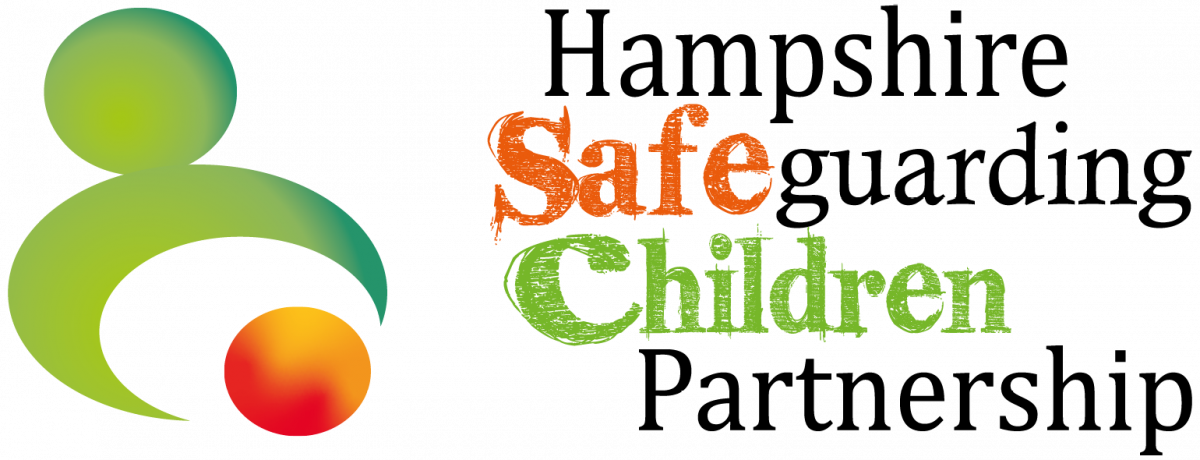Practical Tools & Risk Assessments
National FGM Centre: Breast Ironing Leaflet – A helpful overview of breast ironing and breast flattening.
National FGM Centre: FGM Terminology – Provides the traditional terms for FGM including the country of origin, language, term and meaning.
National FGM Centre: Direct Work Toolkit – A guide on how to do direct work on FGM with children, young people, parents and carers.
FGM Pocket Guide – A useful pocket guide for health professionals providing information about the types, risks, and reporting of FGM.
National FGM Centre Referral Guide – Guidance on ensuring referrals of FGM are based on a robust assessment.
Female Genital Mutilation Risk and Safeguarding – A guide created to help health professionals identify and assess the risk of FGM and how to start a conversation.
FGM Professional Guidance Forms – A risk assessment template for health professionals to use for pregnant and non-pregnant women and children to identify risk, use the risk assessment tool, safeguard appropriately, and learn more about FGM.
FGM Mandatory Reporting Duty – A user-friendly flowchart which takes practitioners step by step through the mandatory reporting duty where there are concerns that a child may have had FGM or be at risk of FGM.
Safeguarding Women and Girls at Risk of FGM – Practical help to support NHS organisations developing new safeguarding policies and procedures for FGM.
National FGM Support Clinics – National FGM Support Clinics are community-based clinics that offer a range of support services for women with FGM.
Legal Factsheet – Legislation in the UK providing a summary of the legal content of FGM, providing links about the law, FGM protection orders and mandatory reporting duties.
Fact Sheets
Factsheets for professionals are included within The Female Genital Mutilation (FGM) Strategy – A Partnership Approach.
Forced Marriage: A Survivor’s Guidebook – A handbook which provides practical support and information for anyone who is at risk of a forced marriage, has experienced a forced marriage or has escaped from a forced marriage. The guidebook also includes contact details of support services.
Multi-Agency Practice Guidelines: Handling Cases of Forced Marriage – This provides definitions and guidelines and good practice on keeping victims safe for health professionals, education staff, police services, social care and local housing authorities.
One Minute Guide: Honour Based Abuse – A guide explaining what ‘honour’ based abuse is, the law, the potential warning signs, and what practitioners should do.
Karma Nirvana – A specialist charity for victims and survivors of ‘honour’ based abuse in the UK.
UK Helpline: 0800 5999 247 (Monday to Friday, 9am to 5pm)
Child Abuse Linked to Faith or Belief Leaflet – An overview of child abuse linked to faith or belief. This includes definitions, health implications, “justifications” linked to abuse and faith or belief, prevalence, and some signs that a child could be at risk of child abuse linked to faith or belief.
Child Abuse Linked to Faith or Belief: Advice and Information – The Metropolitan Police website provides information regarding child abuse linked to faith or belief with an explanation of some possible reasons, where it could happen, some common factors and causes, and some useful links for further reading.
Normalising Conversation Around Faith and Belief – Guidance for organisations working with children and families about exploring the concerns around child abuse linked to faith or belief. This guidance provides an overview in relation to normalising conversations, identifying risk factors and exploring concerns. This practical guide provides conversation prompts to explore culture, faith, or belief with families within a holistic assessment of risk.
Question Guide for Social Workers: Exploring Faith or Belief within an Assessment – This question guide can be used by social workers to ensure that faith or belief is explored with families within a holistic assessment, to assess the impact faith or belief has on parenting practices and capacity. Social workers should use their professional judgement regarding which questions are relevant and appropriate to ask. Parent(s)/carer(s) are entitled to their beliefs, however when these cross over into causing potential or actual harm to a child’s emotional/physical health, it is unacceptable and should be considered child abuse.
Question Guide for Multi-Agency Professionals: Exploring Culture, Faith and Belief Within an Assessment – This question guide can be used by multi-agency professionals to explore culture, faith or belief with families within a holistic assessment of risk in any case of child protection.
Language and Terminology Guide: Child Abuse Linked to Faith and Belief – This document contains terminology that may be used in accusations against children and some local examples (this is not an exhaustive list).
Exploring Concerns About Faith or Belief with Children: Infographic/Poster – The document covers some signs and scenarios professionals may come across. The document highlights some ways that professionals can explore concerns around abuse linked to faith or belief in a sensitive way.
